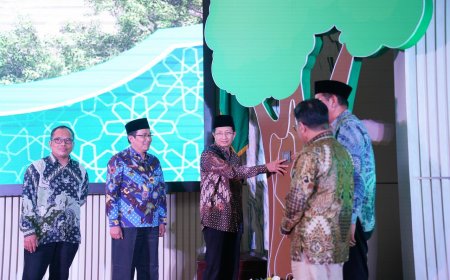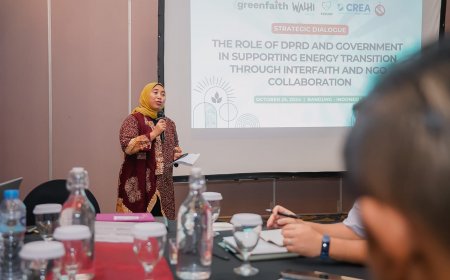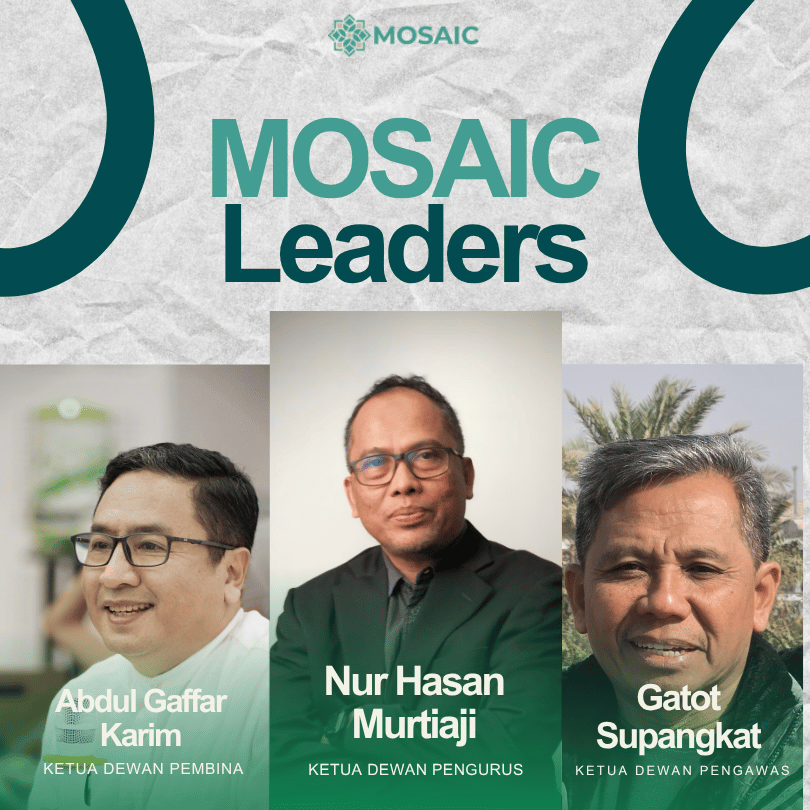Green Pesantren: Santri's efforts to protect the earth
Seven boarding schools that have been designated as Green Pesantren in 2023 will continue the climate action program this year.
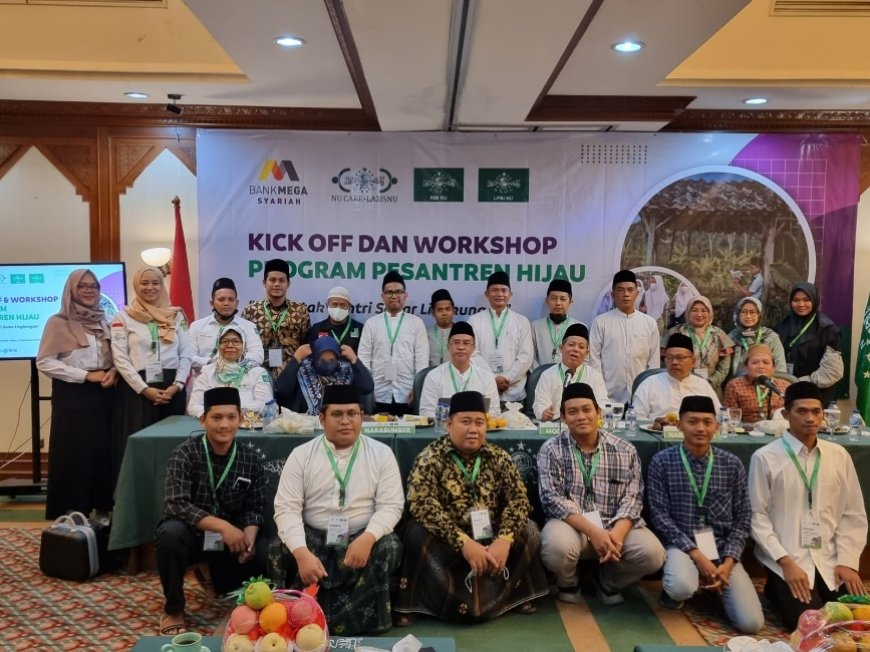
MOSAIC-INDONESIA.COM, JAKARTA -- Climate action cannot be separated from behind the walls of Islamic boarding schools. Armed with knowledge and religious awareness that humans were created as khalifatullah fil ardh, God's representatives in caring for the earth and everything in it, students are required to be responsible for environmental conservation. It is not surprising that throughout its history, Islamic boarding schools have existed as an effort to create a better environment. Not only in the field of education, Islamic boarding schools appear as places where people complain about social, cultural matters, even political and security issues. Moreover, the number of Islamic boarding schools according to data from the Ministry of Religion in 2018 reached 28,194 Islamic boarding schools.
The Environmental Fiqh book contains an EMIS (Education Management Information System) report which reveals that 78% or 8,829 Islamic boarding schools are in rural areas (Forest and Media Campaign 2004). The remainder, if viewed based on location, 2,429 Islamic boarding schools are located in agricultural areas and 1,546 in mountainous areas. Around 50% of Islamic boarding schools are located in residential areas. Apart from geographically, the majority of Islamic boarding schools are located in communities that are prone to becoming victims of environmental damage, this fact also has great potential as conservation agents and centers of ecological movements.
For this reason, three institutions in the Nahdlatul Ulama (PBNU) Executive Board, namely the NU Zakat, Infaq and Alms Institution (Lazisnu), NU Rabithah Ma'had Islamiyah (RMI), and the NU Disaster Management and Climate Change Institute (LPPBI) initiated the Green Islamic Boarding School. LPBI NU administrator Muhammad Ali Yusuf explained that the seven Islamic boarding schools that have been designated as Green Islamic Boarding Schools in 2023 will continue their climate action program this year. These Islamic boarding schools are spread across Jakarta to East Java, namely Mahasina Islamic Boarding School Bekasi, West Java, Al Kenaniyah Islamic Boarding School, Jakarta, Al Hamid Islamic Boarding School, Cilangkap, East Jakarta, Al Hamidiyah Islamic Boarding School, Depok, West Java, Al Mubarok Islamic Boarding School, Mranggen, Demak, Central Java, Zainul Islamic Boarding School. Hasan, Genggong, East Java and Malnu Menes Islamic Boarding School Pandeglang Banten.
According to Ali, these Islamic boarding schools complement ten other Islamic boarding schools that previously participated in the Green Islamic Boarding School. They will continue the Green Islamic Boarding School program independently. "The LPBI NU green Islamic boarding school sets "green" indicators or are generally known as "environmentally caring" Islamic boarding schools, such as waste and waste management, water conservation, energy conservation plus renewable energy, provision of green open space," said Ali, who is also a MOSAIC Streeng Committee. , recently.
Green Islamic Boarding School has a standard program to carry out its activities. They will carry out environmental studies plus socialize environmental issues to Islamic boarding school stakeholders, formulate action plans based on study results, strengthen institutions, increase capacity, provide support for implementing priority action plans, technical assistance as well as monitoring and evaluation.
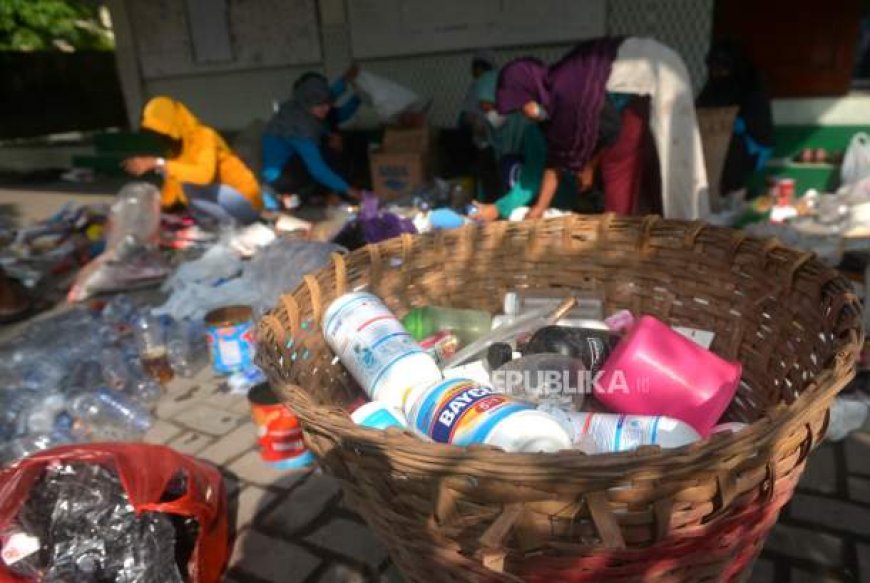
Any Islamic boarding school has the right to claim itself as a green Islamic boarding school if it has environmental insight and makes environmental sustainability efforts as stated in the definition of a Green Islamic Boarding School. However, LPBI NU as the initiator invited all Islamic boarding schools under the NU banner to carry out this activity together.
In this way, efforts to preserve the environment through this Islamic boarding school are more measurable. According to Ali, LPBI-NU will carry out recording and assistance for Islamic boarding schools that have a serious commitment to working together to develop green Islamic boarding schools with LPBI-NU. The next LPBI partner Islamic boarding schools, after going through the assessment system, will be given the "Green Islamic Boarding School" label. Through this labeling. parties who have similar commitments can more easily collaborate and provide support in any form.
Ali admitted that the Islamic boarding schools involved were only large Islamic boarding schools. If they have implemented the Green Islamic Boarding School program, Ali hopes that other Islamic boarding schools will be motivated to emulate this program. According to him, there are at least more than 23 thousand NU Islamic boarding schools, so it takes large resources and a long time to 'green' them.
To create a Green Islamic Boarding School program, there are at least three components that must be fulfilled. The three components are:
Waste management
Trash is any object that has been thrown away by the owner. Waste can be anything, whether household furniture, leftover production materials or even food or drink. A lot of waste from students is found in Islamic boarding schools, such as students' clothes, reading and writing equipment, used food wrappers or packaging for personal needs such as soap and detergent.
Managing waste is very important, not only for the sake of beautifying the space but also to prevent Islamic boarding schools from various harms that might arise due to waste. The example closest to Islamic boarding school life is plastic used from detergent.
Waste that is managed properly and correctly will bring benefits to the Islamic boarding school, benefits from avoiding the dangers of waste or even financial benefits. It's different if waste is left without good management, it will bring harm or harm.
Water management
Water management is an important part of preserving human needs for this source of life. Currently, they are starting to be threatened by the emergence of a clean water crisis due to excessive use, pollution and damage to water sources.
In this case, Islamic boarding schools, which are generally inhabited by many students, have the role of consuming quite a lot of water. Therefore, it is appropriate for Islamic boarding schools to take a role in being responsible in managing water so that the need for clean water remains met, not only today but for future generations.
As explained in various fiqh literature, Islam is very concerned with the issue of water, this is because worship cannot be separated from what is holy, where water is commonly used as the main means of purification. The science of fiqh itself generally classifies water into 4 types, namely holy water that purifies (thahir muthahhir), holy water that does not purify (thahir ghairu muthahhir), unclean water (mutanajjis), and makruh water (musyammas).
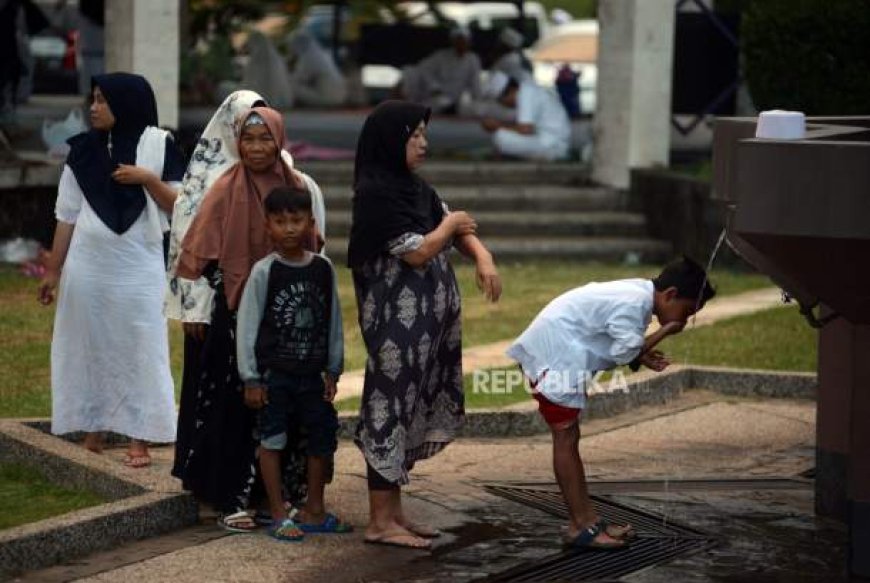
New renewable energy
The energy that people use every day generally comes from electricity and fuel oil. However, in reality these two energy sources are not cheap, are limited in quantity, and often cause damage to natural habitats. Because of this, New Renewable Energy (EBT) is now an alternative for energy needs, as well as being a way to preserve nature.
New renewable energy is energy that comes from sustainable natural processes, such as solar power, wind power, water current power, biological processes and geothermal energy. Utilization of this energy is considered important because it is for the sake of survival in the future. The basic principles of new renewable energy are reducing the risk of environmental damage due to energy generation, increasing the use of renewable energy, increasing efficiency in energy use, and reducing pollution in lifestyles.
Meanwhile, educational institutions such as Islamic boarding schools can utilize new, renewable energy considering that energy consumption in Islamic boarding school environments is not small. According to Ali, there are several ways to save energy in educational environments such as Islamic boarding schools, such as not using AC too often in classrooms, because you can also use natural air ventilation, prohibiting charging cell phone batteries in class, turning on computers in the laboratory only when in use.
Although not all renewable energy can be applied in Islamic boarding schools, there are several types that can generally be developed. For example, solar power such as using solar panels, biogas power using human waste or livestock, and water flow power, such as river flows, waterfalls and dams.

